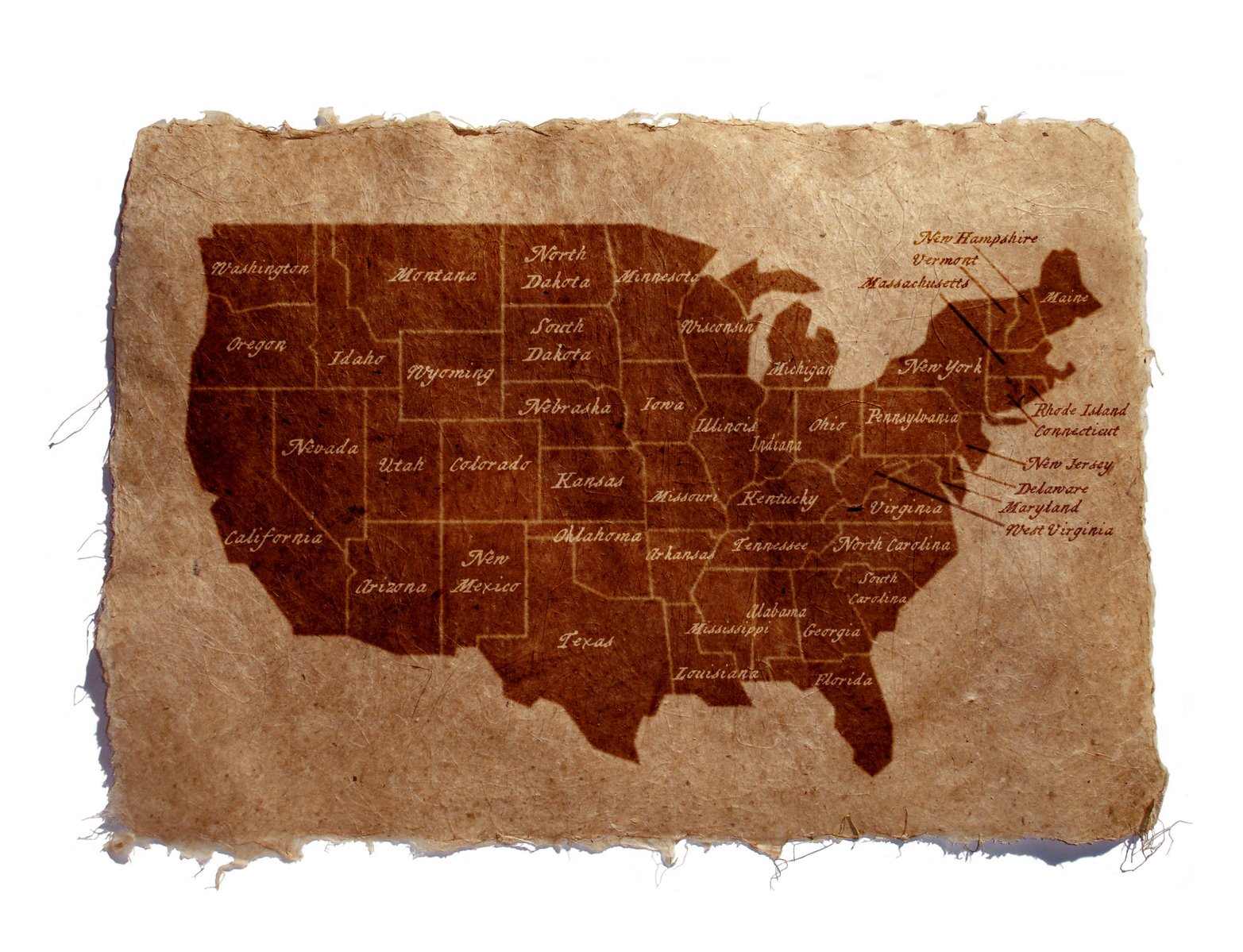

Twitter found itself on the wrong end of an infringement lawsuit late last month when an entity called Digi Portal accused the social media company of infringing on one of its patents. According to a recent RPX newsletter, Digi Portal is an apparent affiliate of the NPE IP Edge, which, as the most prolific plaintiff in the US over the last two years, has plenty of experience litigating against some of the largest and highest profile companies around. What’s most interesting about the patent-in-suit, though, is that it was previously owned by Excalibur, the corporate vehicle set up to monetise...
The court granted defendant's motion to dismiss because the asserted claims of plaintiff’s wireless remote control patent encompassed unpatentable subject matter and found that the claims were directed toward an abstract idea. "The court concludes that because the asserted claims are directed towards the result -- and therefore, abstract idea -- of wirelessly controlling remote devices, they are patent-ineligible. The specification refers to 'â [a] method for controlling a remote device[] over a wireless connection.' 'underscor[ing] that [the asserted claims are] directed to an abstract concept.' More importantly, the asserted claims provide only for generic processes and components to achieve that result. . . . And although the Patent purports to solve a number of problems with remotely controlling devices, it does not solve those problems through an improvement in any specific technology."
On June 19, 2018, The United States Court of Appeals for the Federal Circuit summarily affirmed the Patent Trial and Appeal Board's ruling in Unified Patents Inc. v. American Vehicular Sciences, LLC IPR2016-00364 that all challenged claims of US Patent 9,043,093, are unpatentable, effectively ending the assertion of those claims against multiple parties.
Owned and asserted by American Vehicular Sciences, LLC, a subsidiary of Acacia Research Corporation, the '093 patent related to a single side curtain airbag for vehicles and has been asserted in multiple district courts against automotive manufacturers and equipment suppliers including Honda, Nissan, Toyota and Hyundai. The infringement case is currently stayed in the Eastern District of Michigan.